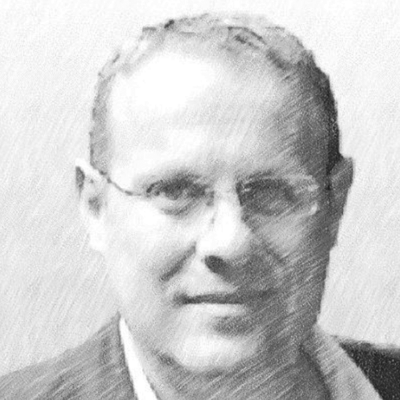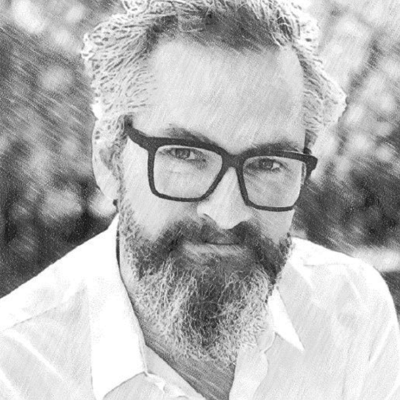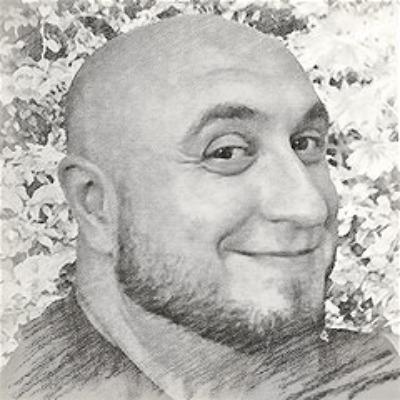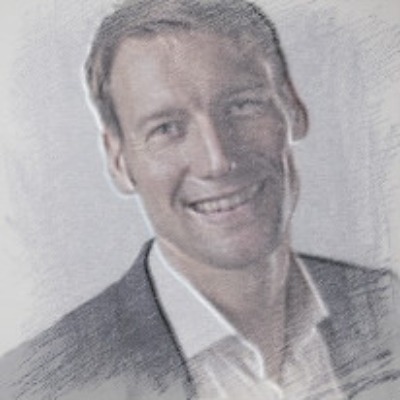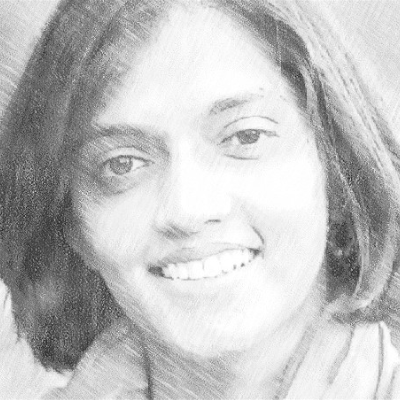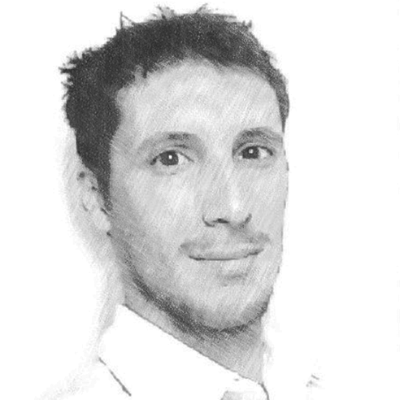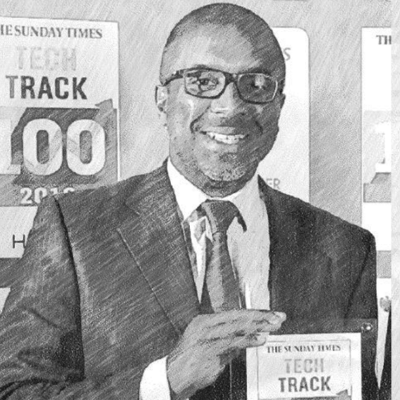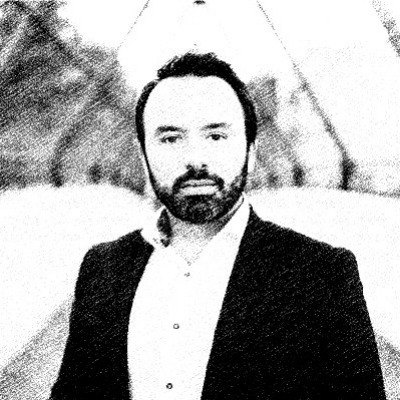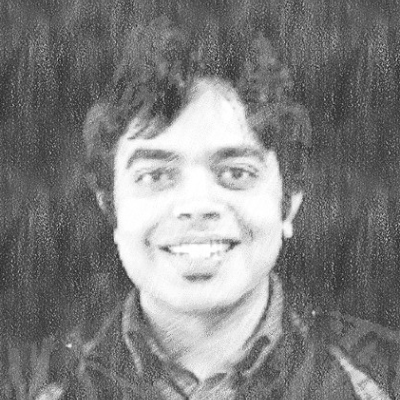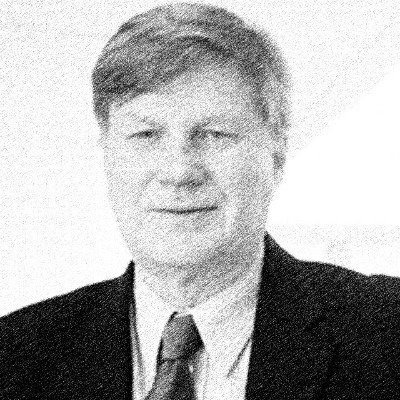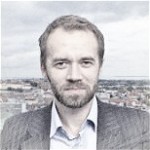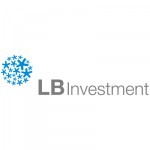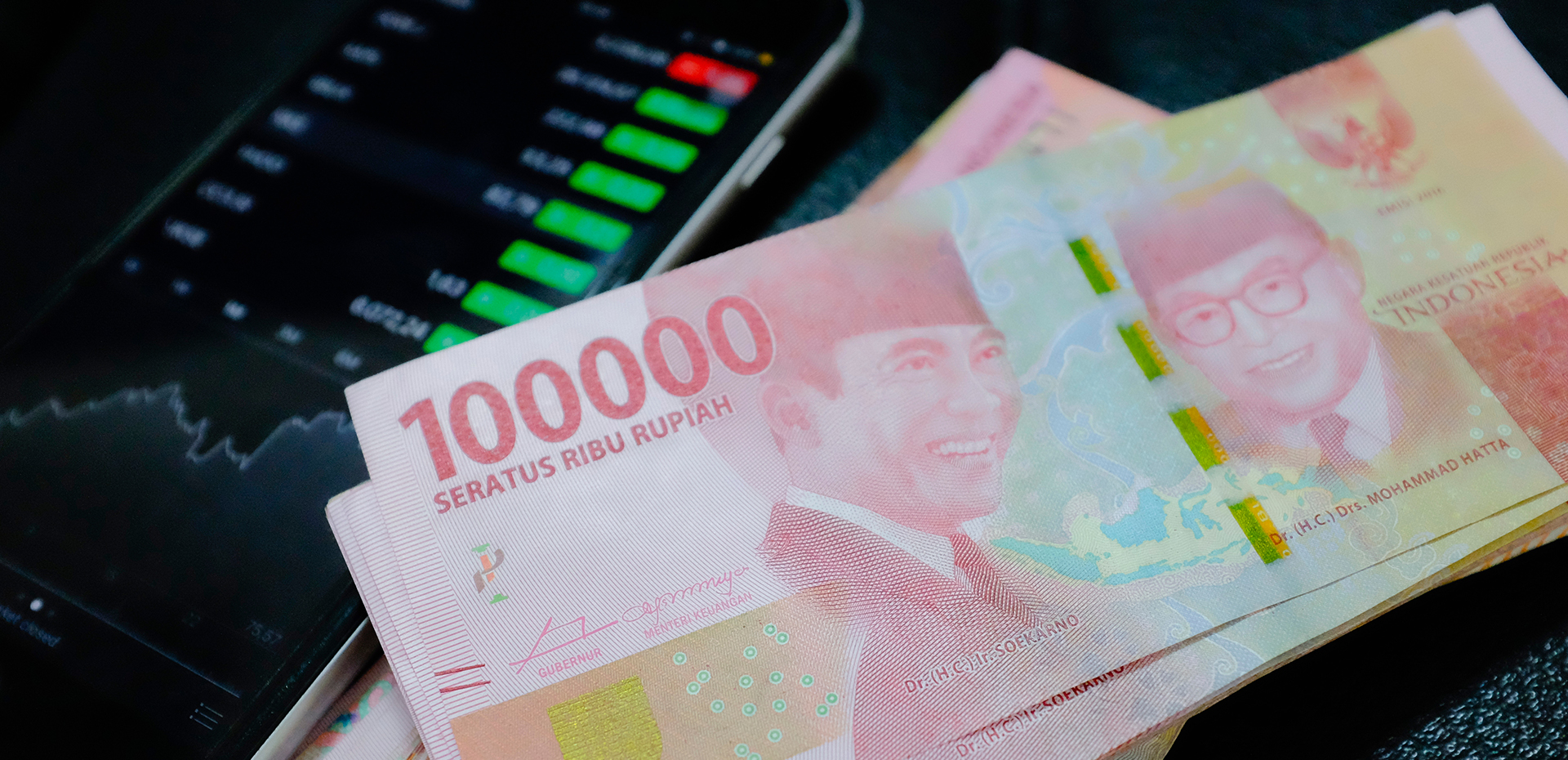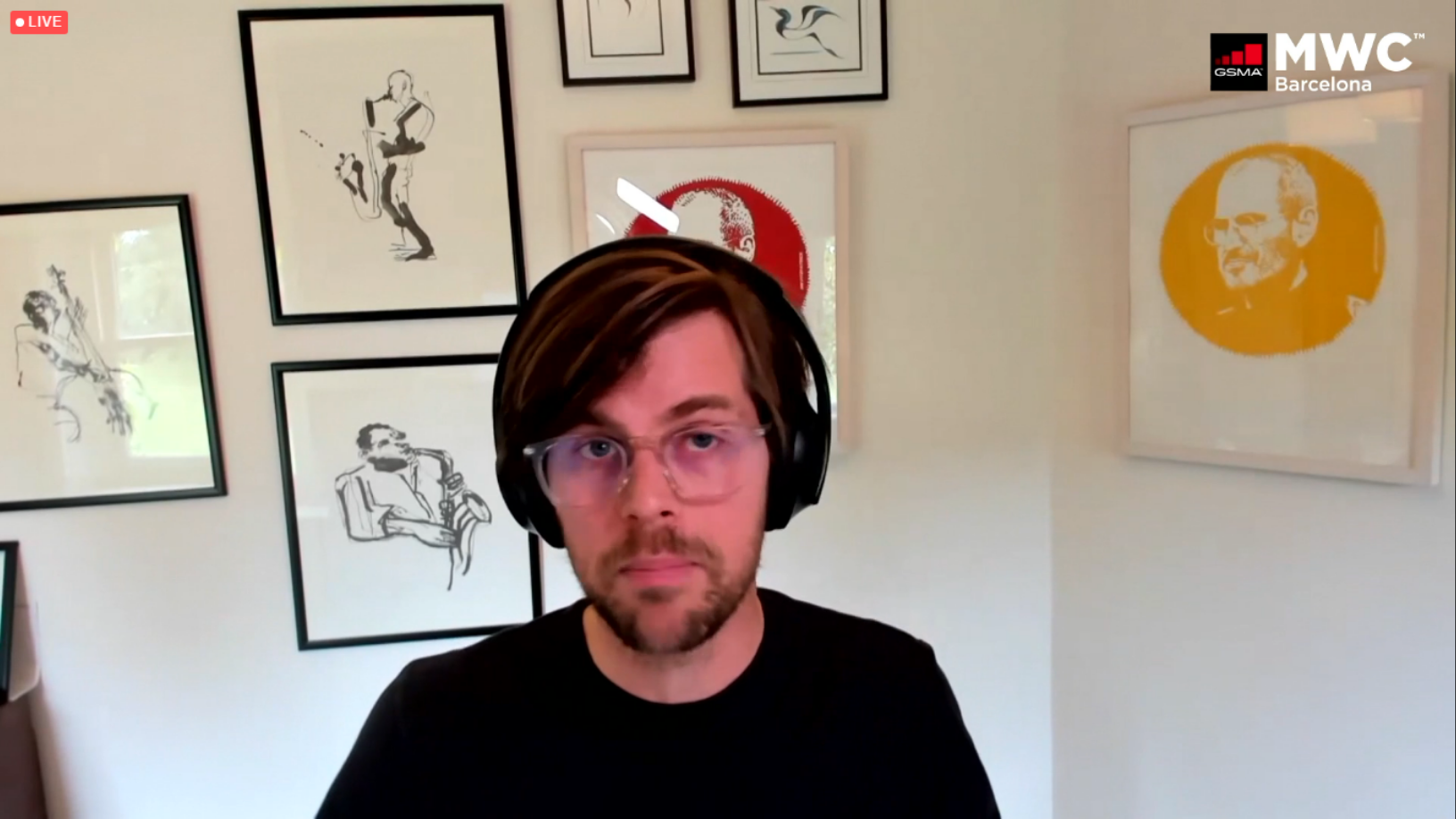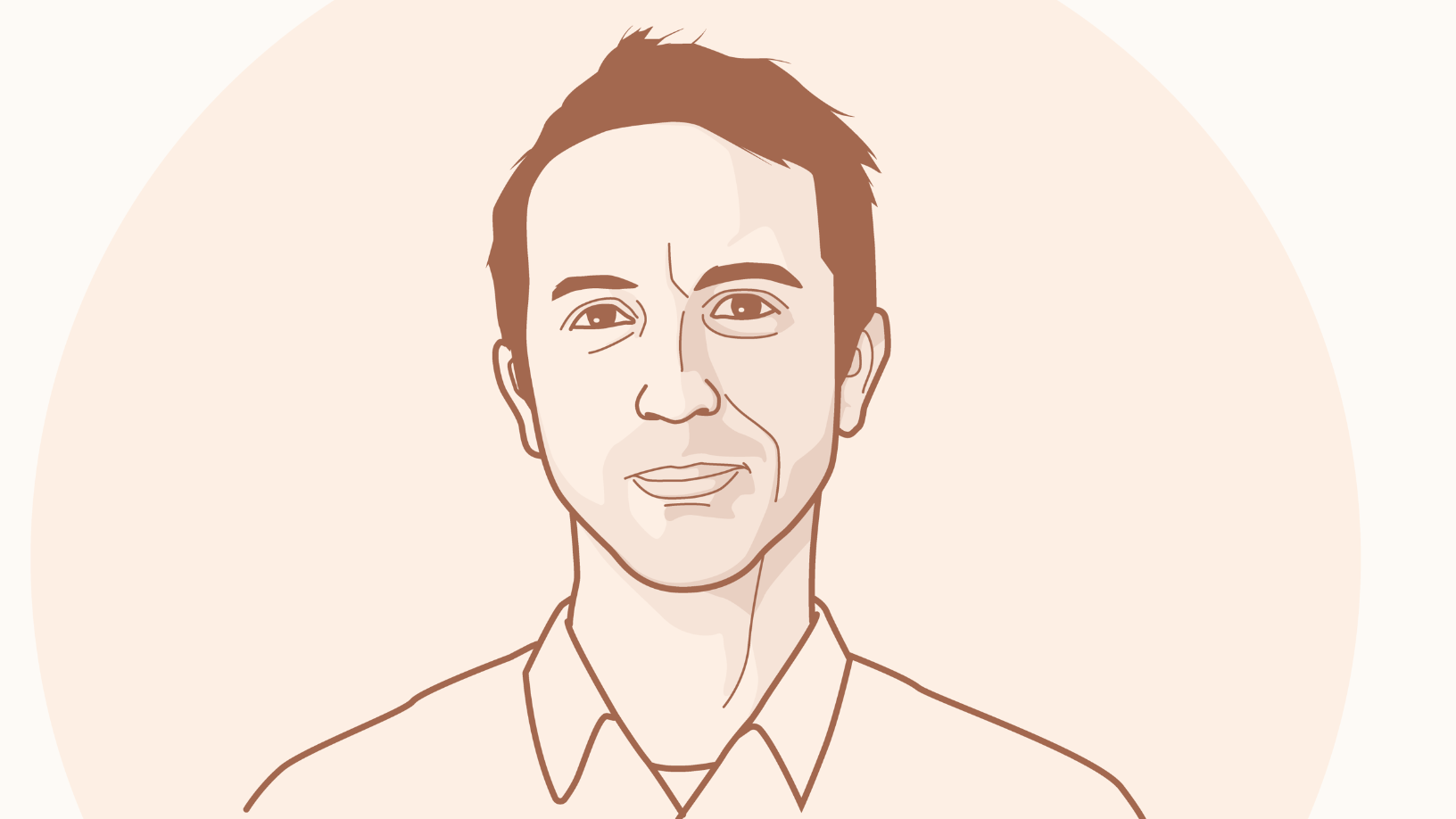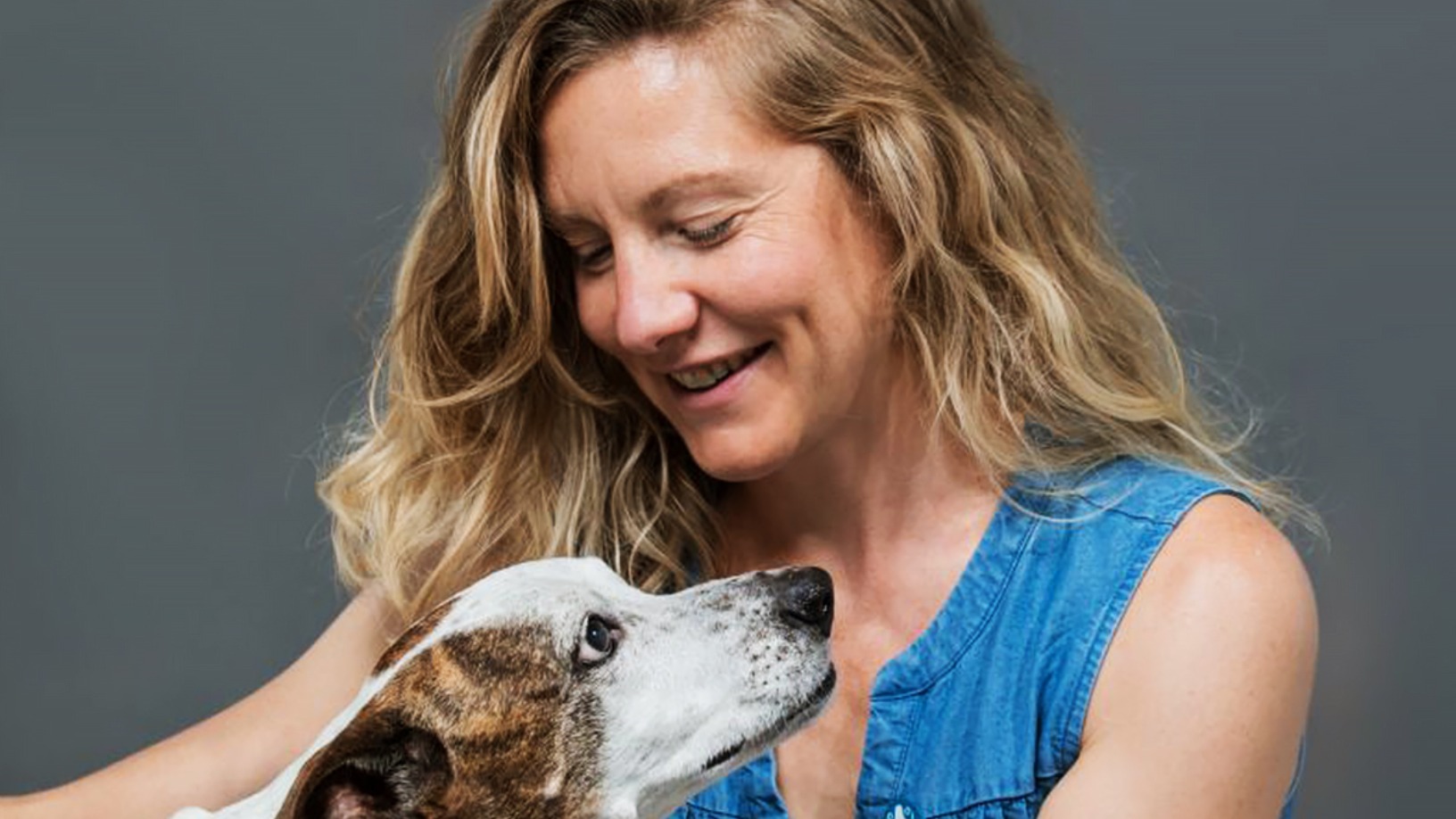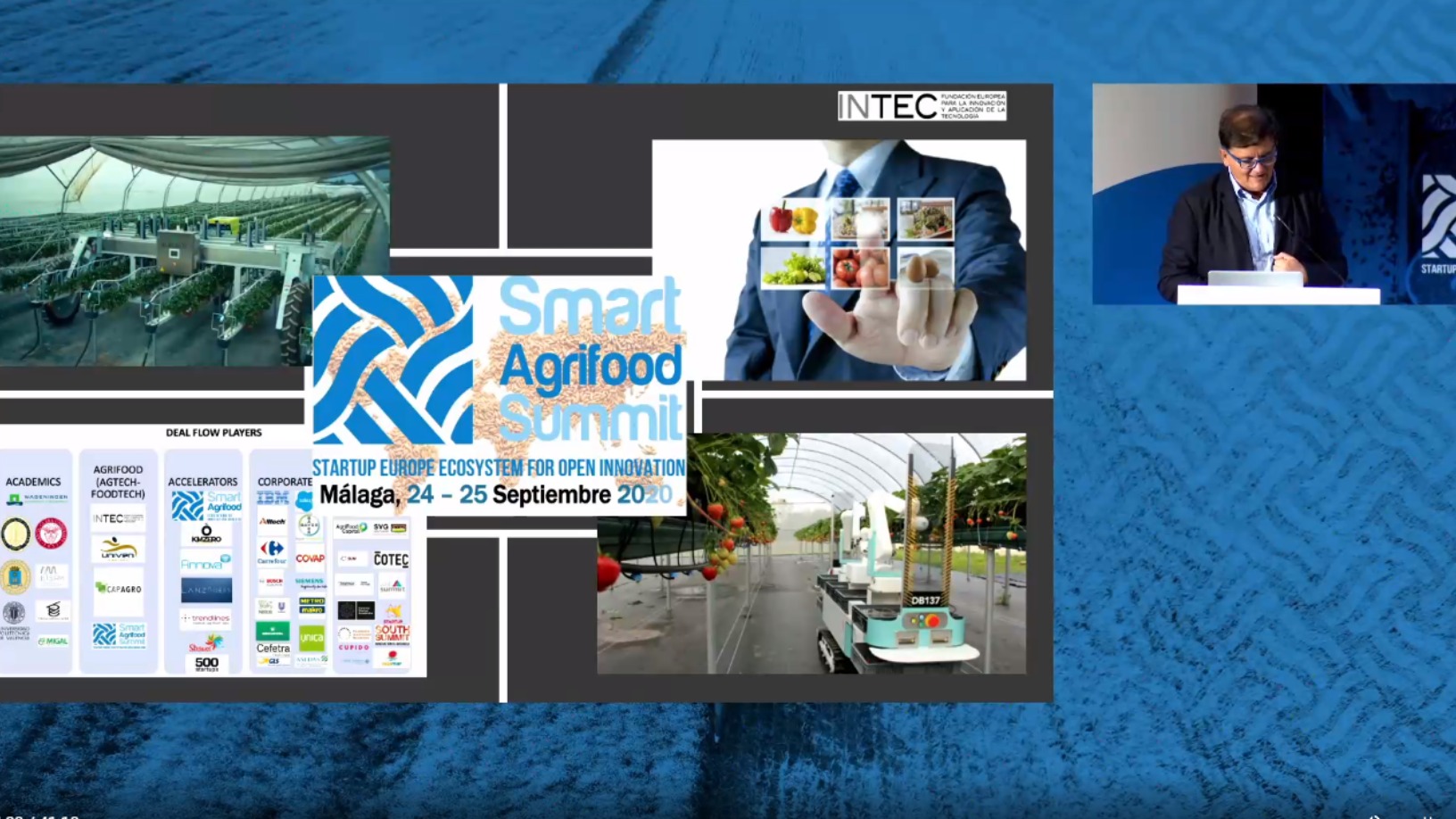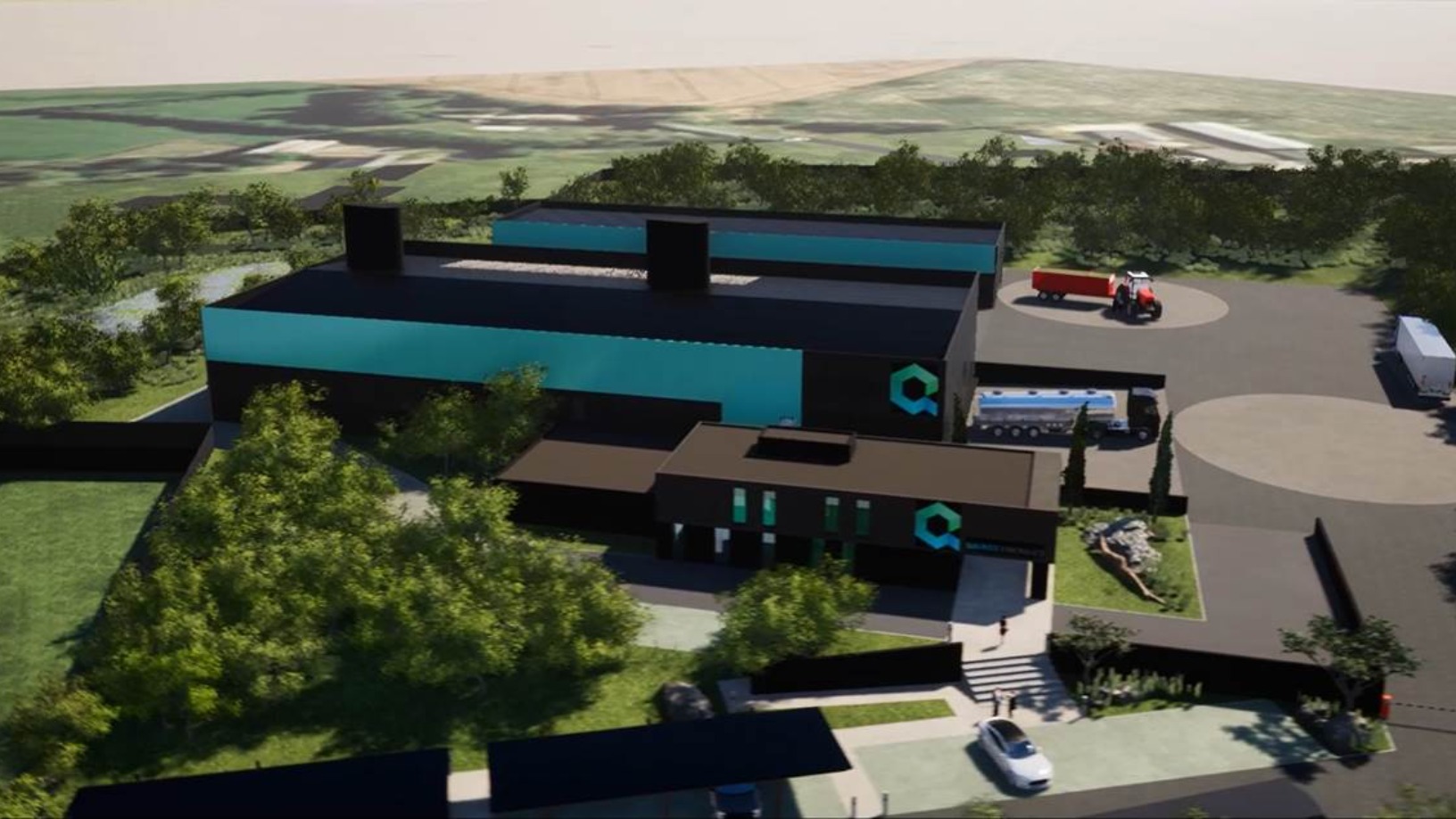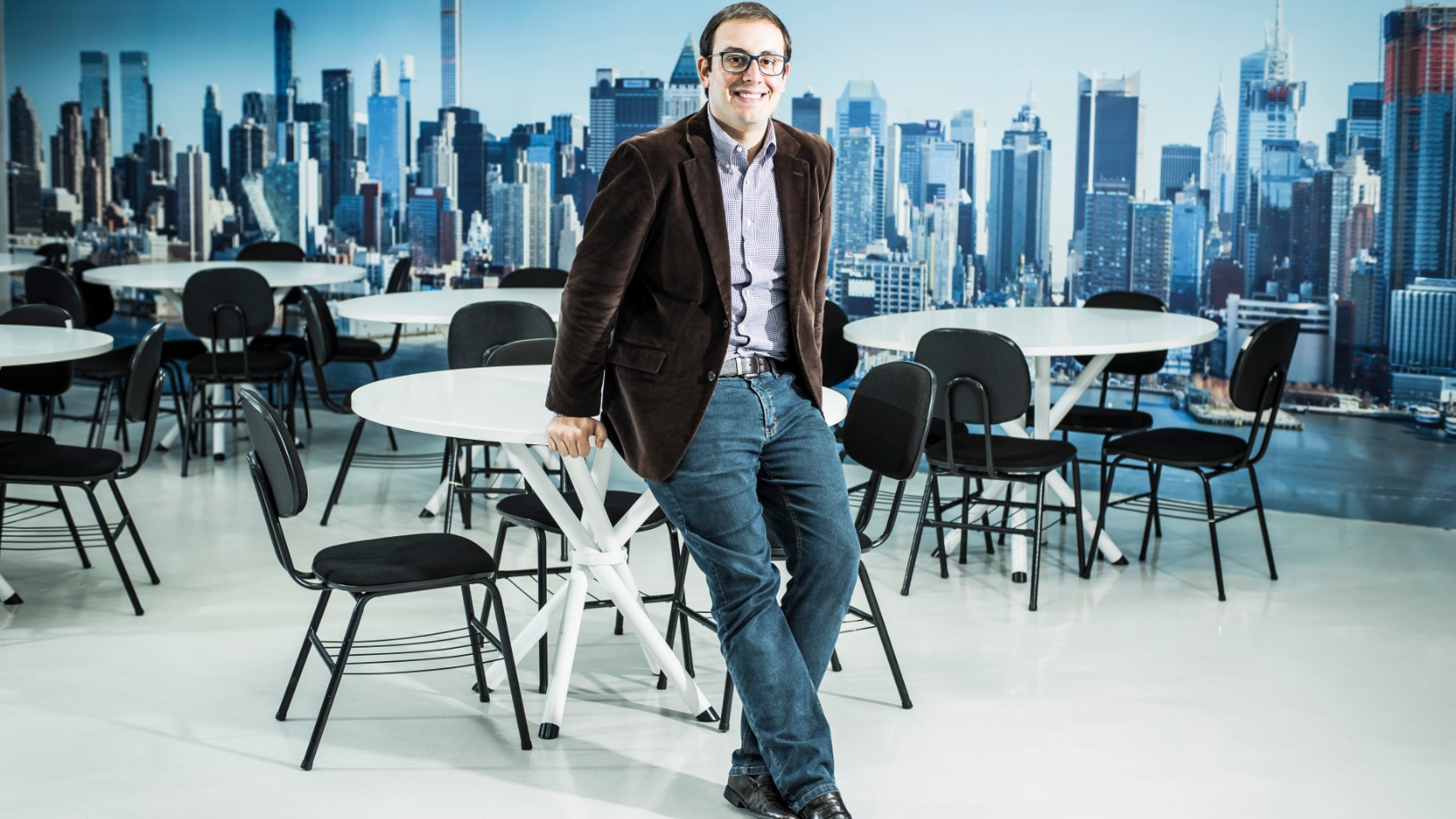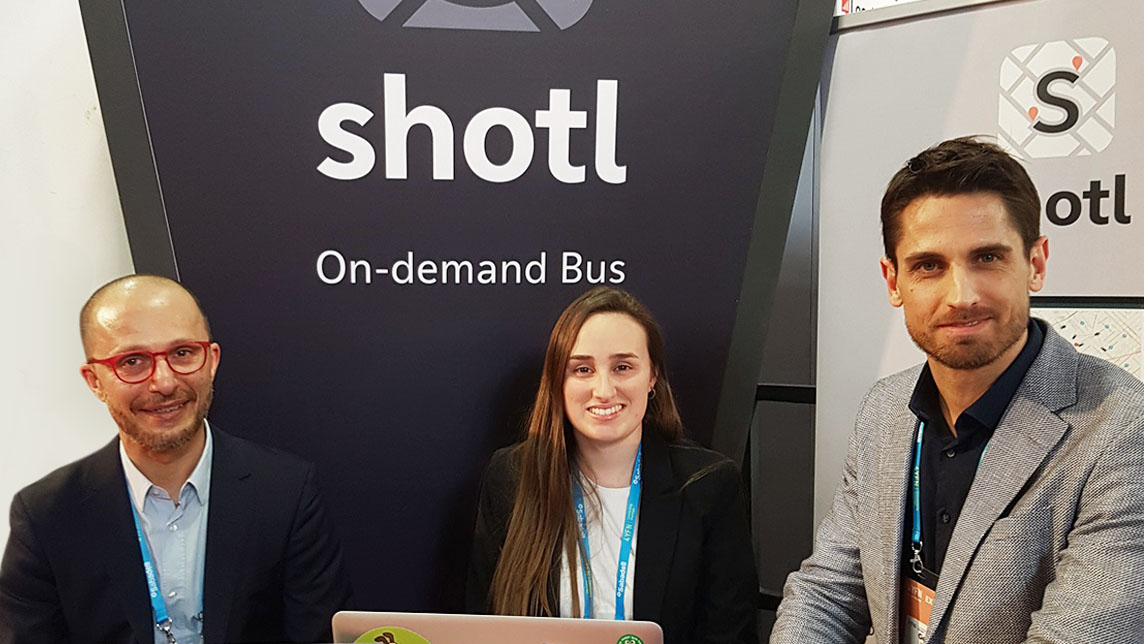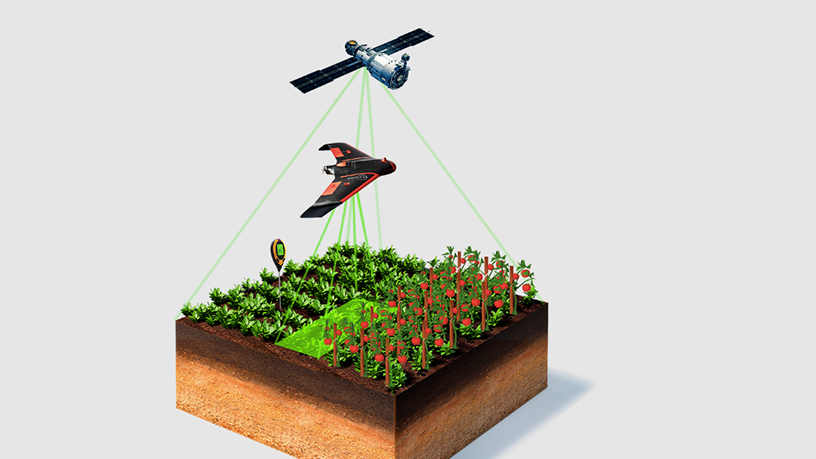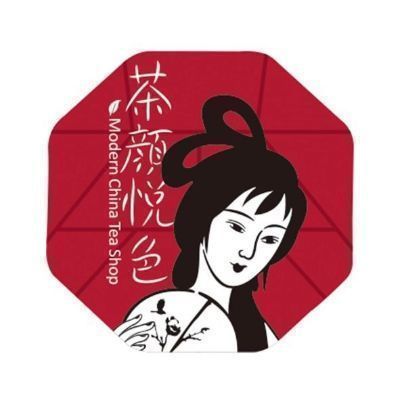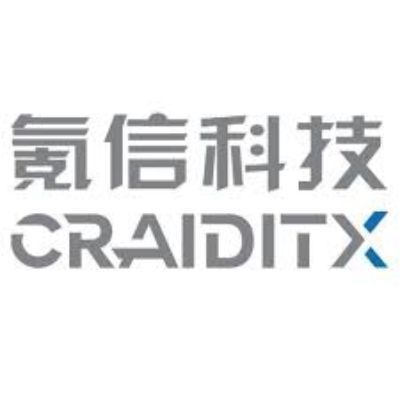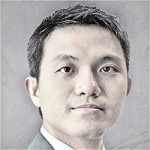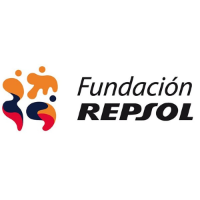Concept Investments
-
DATABASE (453)
-
ARTICLES (253)
H&M’s first shop was founded 74 years ago in Sweden by Erling Persson under the name “Hennes”, Swedish for "hers" since the shop was selling only women's apparel. In 1968, Persson expanded into menswear by acquiring Swedish retailer Mauritz Widforss. Hence the rebranding of the company into Hennes & Mauritz (H&M). In 1974, H&M was listed on the Stockholm Stock Exchange. Since then, H&M has expanding internationally opening its first store in London and the rest of Europe and also to the US in early 2000.In 2008, the company also moved into the home furnishings segment and launched H&M Home stores worldwide. The fashion chain can now be found across Europe, the US, Asia and the Middle East. The group expanded further by acquiring fast-fashion brands like Weekday, Monki and Cheap Monday. In April 2021, H&M Group announced a collaboration with textile cleantech Infinited Fiber to launch proof-of-concept denim created wholly from regenerated textile waste as part of its commitment to use only recycled or sustainably sourced materials by 2030.
H&M’s first shop was founded 74 years ago in Sweden by Erling Persson under the name “Hennes”, Swedish for "hers" since the shop was selling only women's apparel. In 1968, Persson expanded into menswear by acquiring Swedish retailer Mauritz Widforss. Hence the rebranding of the company into Hennes & Mauritz (H&M). In 1974, H&M was listed on the Stockholm Stock Exchange. Since then, H&M has expanding internationally opening its first store in London and the rest of Europe and also to the US in early 2000.In 2008, the company also moved into the home furnishings segment and launched H&M Home stores worldwide. The fashion chain can now be found across Europe, the US, Asia and the Middle East. The group expanded further by acquiring fast-fashion brands like Weekday, Monki and Cheap Monday. In April 2021, H&M Group announced a collaboration with textile cleantech Infinited Fiber to launch proof-of-concept denim created wholly from regenerated textile waste as part of its commitment to use only recycled or sustainably sourced materials by 2030.
CEO and co-founder of Modulous Tech
Chris Bone is co-founder and CEO at UK-based Modulous, the first end-to-end generative design and delivery solution for affordable, sustainable and modulized housing, where he has worked since 2018. He is simultaneously director and co-founder at engineering consultancy Optimise, based in London and Dubai, where he has worked since 2012 and where the concept for Modulous was conceived. Prior to these, Bone was CEO at engineering company Bone Steel from 2008-10, founder and director at Globalsport from 2005-8, and founder and managing director at Safe Consulting, part of engineering consultancy WhitbyBird from 1999-2004. His experience has included working on major projects, including Wembley Stadium, BBC Broadcasting House and the Royal Ballet School, as well as designing a process for automating fire protection for steel buildings.
Chris Bone is co-founder and CEO at UK-based Modulous, the first end-to-end generative design and delivery solution for affordable, sustainable and modulized housing, where he has worked since 2018. He is simultaneously director and co-founder at engineering consultancy Optimise, based in London and Dubai, where he has worked since 2012 and where the concept for Modulous was conceived. Prior to these, Bone was CEO at engineering company Bone Steel from 2008-10, founder and director at Globalsport from 2005-8, and founder and managing director at Safe Consulting, part of engineering consultancy WhitbyBird from 1999-2004. His experience has included working on major projects, including Wembley Stadium, BBC Broadcasting House and the Royal Ballet School, as well as designing a process for automating fire protection for steel buildings.
Chief Revenue Officer and co-founder of Modulous Tech
Markus Cosmann is co-founder and Chief Revenue Officer at UK-based Modulous, the first end-to-end generative design and delivery solution for affordable, sustainable and modulized housing, where he has worked since 2018. He was simultaneously a director at engineering consultancy Optimise, based in London and Dubai, until 2020, where he had worked since 2012, and where the concept for Modulous was conceived. His construction project credits include the Oslo National Museum and the German and Swiss Pavilions at Dubai Expo 2020. He previously worked in management for six and a half years in Copenhagen at Danish civil engineering company Ramboll, and has an extensive background in fire engineering in his native Germany and the UK, both in research and commercial projects. Cosmann is a certified civil engineer, graduating from the Ruhr University Bochum in Germany.
Markus Cosmann is co-founder and Chief Revenue Officer at UK-based Modulous, the first end-to-end generative design and delivery solution for affordable, sustainable and modulized housing, where he has worked since 2018. He was simultaneously a director at engineering consultancy Optimise, based in London and Dubai, until 2020, where he had worked since 2012, and where the concept for Modulous was conceived. His construction project credits include the Oslo National Museum and the German and Swiss Pavilions at Dubai Expo 2020. He previously worked in management for six and a half years in Copenhagen at Danish civil engineering company Ramboll, and has an extensive background in fire engineering in his native Germany and the UK, both in research and commercial projects. Cosmann is a certified civil engineer, graduating from the Ruhr University Bochum in Germany.
CCO and Co-founder of Play2Speak
Alberto Gordillo started his career in 1994 as a Spanish creative and art director specializing in animations, illustrations and VR experiences. He has over 23 years of industry experience, specializing in visual narrative, concept art, 3D content and virtual world-building. In 2003, he moved to Guildford in UK to work for Lionhead Studios, the computer games company that created Black & White, The Movies and the Fable series.In 2016, he and Lionhead colleague Fabio Polimeni left the company to co-found Poligor Studios where they spent a year developing VR experiences of famous heritage places, offering users immersive experiences of historical events.In 2017, he returned to Madrid to become the CCO, art director and co-founder of Play2Speak, an AI-powered edtech that produces VR immersive learning materials and programs.
Alberto Gordillo started his career in 1994 as a Spanish creative and art director specializing in animations, illustrations and VR experiences. He has over 23 years of industry experience, specializing in visual narrative, concept art, 3D content and virtual world-building. In 2003, he moved to Guildford in UK to work for Lionhead Studios, the computer games company that created Black & White, The Movies and the Fable series.In 2016, he and Lionhead colleague Fabio Polimeni left the company to co-found Poligor Studios where they spent a year developing VR experiences of famous heritage places, offering users immersive experiences of historical events.In 2017, he returned to Madrid to become the CCO, art director and co-founder of Play2Speak, an AI-powered edtech that produces VR immersive learning materials and programs.
Director and Founder of Mayordomo
UK-born serial entrepreneur Edward Hamilton founded his first tech startup, Lavalocker, in Barcelona in 2013 to provide on-demand laundry and dry-cleaning services. He later built on the smart-locker technology to establish Mayordomo that launched Smart Point in 2016, a digital vending system with smart lockers to offer personal shopping, delivery and pickups for over 200 categories of goods and services. Hamilton graduated in Business Administration from Berkeley, University of California in 2000. He worked for almost four years at WP Carey & Co in New York specializing in investments and acquisitions. In March 2006, he moved to London to work as a real estate equity investment manager at Barclay’s Capital. In 2010, he went to Spain to work as a Green Bean business coach for SMEs based in Barcelona. His latest venture is Droppo, which he co-founded in 2019. Based in Barcelona, Droppo is a zero-emission electric last-mile logistics transport network.
UK-born serial entrepreneur Edward Hamilton founded his first tech startup, Lavalocker, in Barcelona in 2013 to provide on-demand laundry and dry-cleaning services. He later built on the smart-locker technology to establish Mayordomo that launched Smart Point in 2016, a digital vending system with smart lockers to offer personal shopping, delivery and pickups for over 200 categories of goods and services. Hamilton graduated in Business Administration from Berkeley, University of California in 2000. He worked for almost four years at WP Carey & Co in New York specializing in investments and acquisitions. In March 2006, he moved to London to work as a real estate equity investment manager at Barclay’s Capital. In 2010, he went to Spain to work as a Green Bean business coach for SMEs based in Barcelona. His latest venture is Droppo, which he co-founded in 2019. Based in Barcelona, Droppo is a zero-emission electric last-mile logistics transport network.
CEO and co-founder of String Bio
Ezhil Subbian studied industrial biotechnology at Anna University in India. She then went to the US to complete two PhDs in biochemistry, biophysics and molecular biology at the Oregon Health & Science University and from Rutgers, the State University of New Jersey-New Brunswick. She was a research assistant at both universities.While in the US, she was also a research scientist at Gevo Inc and at Vollum Institute. In 2008, she became a scientist and technical lead at pharma Codexis in California. In 2011, she worked at San Francisco-based Kumar Investments as an entrepreneur and biotech consultant.In 2012, she founded biotech startup String Inc while on a nine-month Startup Leadership Program in Silicon Valley. In June 2013, she and husband returned to India and formed a new company String Bio to continue working on the alternative protein powder project for animal feed production.
Ezhil Subbian studied industrial biotechnology at Anna University in India. She then went to the US to complete two PhDs in biochemistry, biophysics and molecular biology at the Oregon Health & Science University and from Rutgers, the State University of New Jersey-New Brunswick. She was a research assistant at both universities.While in the US, she was also a research scientist at Gevo Inc and at Vollum Institute. In 2008, she became a scientist and technical lead at pharma Codexis in California. In 2011, she worked at San Francisco-based Kumar Investments as an entrepreneur and biotech consultant.In 2012, she founded biotech startup String Inc while on a nine-month Startup Leadership Program in Silicon Valley. In June 2013, she and husband returned to India and formed a new company String Bio to continue working on the alternative protein powder project for animal feed production.
Co-founder of Therapixal
Olivier Clatz is the French co-founder of AI medical diagnosis company Therapixel, creator of MammoScreen breast cancer screening and diagnosis tool. Prior to co-founding Therapixel, Clatz worked for six years as a research scientist at INRIA (National Institute for Research in Digital Science and Technology) based at the Sophia Antipolis technology park near Antibes, in the south of France. His later work with INRIA focused on exploiting machine learning algorithms for medical imaging processing. Prior to this, he was a research associate at Harvard Medical School, in the US. In 2006, he completed his PhD at INRIA on the concept of personalized medicine. Clatz also holds a PhD in philosophy from the Ecole des Mines de Paris, and a master's degree in applied mathematics from the Ecole Normale Supérieure Paris-Saclay. Currently, he works at the French Government’s Commissariat Générale pour l’Investissement managing the national program AI For Diagnostics. He left Therapixel in 2019.
Olivier Clatz is the French co-founder of AI medical diagnosis company Therapixel, creator of MammoScreen breast cancer screening and diagnosis tool. Prior to co-founding Therapixel, Clatz worked for six years as a research scientist at INRIA (National Institute for Research in Digital Science and Technology) based at the Sophia Antipolis technology park near Antibes, in the south of France. His later work with INRIA focused on exploiting machine learning algorithms for medical imaging processing. Prior to this, he was a research associate at Harvard Medical School, in the US. In 2006, he completed his PhD at INRIA on the concept of personalized medicine. Clatz also holds a PhD in philosophy from the Ecole des Mines de Paris, and a master's degree in applied mathematics from the Ecole Normale Supérieure Paris-Saclay. Currently, he works at the French Government’s Commissariat Générale pour l’Investissement managing the national program AI For Diagnostics. He left Therapixel in 2019.
Invested and used by BlackRock, the pioneer in AI-based qualitative analysis-recommendation SaaS for ESG investments covers 100k+ funds, 25k listed firms, with 1,000 indicators.
Invested and used by BlackRock, the pioneer in AI-based qualitative analysis-recommendation SaaS for ESG investments covers 100k+ funds, 25k listed firms, with 1,000 indicators.
CCO and co-founder of Modulous Tech
Reimell Ragnauth is co-founder and Chief Commercial Officer at UK-based Modulous, the first end-to-end generative design and delivery solution for affordable, sustainable and modulized housing, where he has worked since 2019. He also works part-time as a strategic investor to data analysis company iaidō and is a non-executive chairman at construction insulation company PMP Manufacturing.Before Modulous, he was chief business development officer at gold fintech startup Glint for a year and established its US office. He previously worked as the managing director of Spiralite Ductwork in the area of building energy efficiency from 2010-17. Prior to this, all of his positions were in the finance and investment area: at 3i Group as Associated Director of Quoted Private Equity 2007-9; at the Electra Group as a senior associate of the EQMC Fund 2006-7; at consultancy Deloitte as an associate director of private equity transaction services 2004-6; at Orbis Investments 2001-4 working in investment analysis; and as Manager of Business Recovery Services at PwC in London 1996-2000. Ragnauth holds a Master’s in Law from Cambridge University.
Reimell Ragnauth is co-founder and Chief Commercial Officer at UK-based Modulous, the first end-to-end generative design and delivery solution for affordable, sustainable and modulized housing, where he has worked since 2019. He also works part-time as a strategic investor to data analysis company iaidō and is a non-executive chairman at construction insulation company PMP Manufacturing.Before Modulous, he was chief business development officer at gold fintech startup Glint for a year and established its US office. He previously worked as the managing director of Spiralite Ductwork in the area of building energy efficiency from 2010-17. Prior to this, all of his positions were in the finance and investment area: at 3i Group as Associated Director of Quoted Private Equity 2007-9; at the Electra Group as a senior associate of the EQMC Fund 2006-7; at consultancy Deloitte as an associate director of private equity transaction services 2004-6; at Orbis Investments 2001-4 working in investment analysis; and as Manager of Business Recovery Services at PwC in London 1996-2000. Ragnauth holds a Master’s in Law from Cambridge University.
Co-founder of Vence
Sky Kurtz graduated in finance at Arizona State University in 2004. He also completed a master’s in business administration from Stanford University Graduate School of Business in 2011.He started his corporate career in New York at Lehman Brothers where he worked as an analyst from 2004–2006. He went on to work at CCMP Capital as an associate for three years until 2009. After various board member roles in US, he became the VP of Francisco Partners in 2011, a global private equity firm based in San Francisco.In 2014, he became the CEO of Mateen Corporation that manufactures high-performance fiber-reinforced polymers in the UAE and New Zealand. In 2016, he co-founded Vence Corp, a virtual fencing device manufacturer for livestock management. Currently based in UAE, Kurtz also founded Pure Harvest Smart Farms in Abu Dhabi. He is the CEO of the Middle East’s first commercial-scale, semi-automated, hybrid greenhouse growing system. Kurtz is also an advisor at e-commerce beauty startup Powder.ae and an entrepreneur-in-residence at Shorooq Investments.
Sky Kurtz graduated in finance at Arizona State University in 2004. He also completed a master’s in business administration from Stanford University Graduate School of Business in 2011.He started his corporate career in New York at Lehman Brothers where he worked as an analyst from 2004–2006. He went on to work at CCMP Capital as an associate for three years until 2009. After various board member roles in US, he became the VP of Francisco Partners in 2011, a global private equity firm based in San Francisco.In 2014, he became the CEO of Mateen Corporation that manufactures high-performance fiber-reinforced polymers in the UAE and New Zealand. In 2016, he co-founded Vence Corp, a virtual fencing device manufacturer for livestock management. Currently based in UAE, Kurtz also founded Pure Harvest Smart Farms in Abu Dhabi. He is the CEO of the Middle East’s first commercial-scale, semi-automated, hybrid greenhouse growing system. Kurtz is also an advisor at e-commerce beauty startup Powder.ae and an entrepreneur-in-residence at Shorooq Investments.
Co-founder of Meatable
Mark Kotter is the Austrian co-founder at Dutch cell-based meat startup Meatable, the first to use pluripotent stem cells and claim a highly scalable culture technology, which was developed by Kotter prior to founding the startup in 2018. He is also founder at his biotech startup, bit.bio, which is based in Cambridge, UK, since 2016, where he applies his cellular technological innovation to human stem cell research and has raised investments totaling $42m. His main full-time position is at the University of Cambridge, where he has worked since 2009. He has spent more than five years as a clinician-scientist in stem cell research and was previously a lecturer in neurosurgery. Kotter also lectures at Paris Descartes University and is a team leader at the UK’s National Institute for Health Research’s Brain Injury MedTech Co-operative. He also founded Myelopathy.org to raise awareness of cervical myelopathy. His past positions were as a research group leader at the Max Planck Institute for Experimental Medicine for one year, and for two years spent at the Medical University of Vienna. Kotter holds two doctorates; one in philosophy from the University of Cambridge and the other in medicine from the University of Graz in Austria. Kotter also holds a master’s in philosophy from the University of Cambridge.
Mark Kotter is the Austrian co-founder at Dutch cell-based meat startup Meatable, the first to use pluripotent stem cells and claim a highly scalable culture technology, which was developed by Kotter prior to founding the startup in 2018. He is also founder at his biotech startup, bit.bio, which is based in Cambridge, UK, since 2016, where he applies his cellular technological innovation to human stem cell research and has raised investments totaling $42m. His main full-time position is at the University of Cambridge, where he has worked since 2009. He has spent more than five years as a clinician-scientist in stem cell research and was previously a lecturer in neurosurgery. Kotter also lectures at Paris Descartes University and is a team leader at the UK’s National Institute for Health Research’s Brain Injury MedTech Co-operative. He also founded Myelopathy.org to raise awareness of cervical myelopathy. His past positions were as a research group leader at the Max Planck Institute for Experimental Medicine for one year, and for two years spent at the Medical University of Vienna. Kotter holds two doctorates; one in philosophy from the University of Cambridge and the other in medicine from the University of Graz in Austria. Kotter also holds a master’s in philosophy from the University of Cambridge.
R&D and business lead and co-founder of Graviky Labs
Anirudh Sharma is one of three co-founders of Graviky Labs, which makes ink out of carbon that is captured from pollution and purified using proprietary technology. This concept was born from Sharma’s experiments making ink from candle soot while doing his master’s at MIT Materials Lab. He currently leads R&D and business at the firm. Sharma’s interests include augmented reality, wearable computing and environmental projects. Over the years, he has developed and patented various technology products with social and environmental impact. He was formerly CTO and co-founder of India’s first wearable technology company, Ducere Technologies, which was later sold. This company makes Lechal, the world’s first smart haptic device for shoes, initially designed by Sharma as a navigation aid for the visually impaired. Sharma also previously worked for Imagin Group at Hewlett Packard Labs, on a multimodal speech and touch-based computer-aided design interface for large displays.Sharma holds a master's from Massachusetts Institute of Technology and co-led the activities of MIT Media Lab India from 2013–2015. He is a TED and TEDx speaker and has been included in Forbes’ 30 Under 30 for Asia, MIT Technology Review’s 35 Innovators Under 35, and Foreign Policy magazine’s 100 Global Thinkers of 2016.
Anirudh Sharma is one of three co-founders of Graviky Labs, which makes ink out of carbon that is captured from pollution and purified using proprietary technology. This concept was born from Sharma’s experiments making ink from candle soot while doing his master’s at MIT Materials Lab. He currently leads R&D and business at the firm. Sharma’s interests include augmented reality, wearable computing and environmental projects. Over the years, he has developed and patented various technology products with social and environmental impact. He was formerly CTO and co-founder of India’s first wearable technology company, Ducere Technologies, which was later sold. This company makes Lechal, the world’s first smart haptic device for shoes, initially designed by Sharma as a navigation aid for the visually impaired. Sharma also previously worked for Imagin Group at Hewlett Packard Labs, on a multimodal speech and touch-based computer-aided design interface for large displays.Sharma holds a master's from Massachusetts Institute of Technology and co-led the activities of MIT Media Lab India from 2013–2015. He is a TED and TEDx speaker and has been included in Forbes’ 30 Under 30 for Asia, MIT Technology Review’s 35 Innovators Under 35, and Foreign Policy magazine’s 100 Global Thinkers of 2016.
Chairman and co-founder of Everimpact
Jan Mattsson is a former senior UN official and the head of an ESG management consultancy. He is also chairman and co-founder of Everimpact, a GHG monitoring company that uses satellites, ground sensors, AI and machine learning to deliver more reliable carbon emissions data to public bodies, municipalities, and businesses. Mattsson has four decades of experience in development, humanitarian and peacekeeping operations, and has led operations and programs in Asia, Africa, Latin America and Central Asia. He spent nearly 14 years as UN Under-Secretary-General and Executive Director of the United Nations Office for Project Services (UNOPS), the operational arm of the UN. Over his professional career, Mattsson has also engaged with international organizations such as the World Bank and the Green Climate Fund. Outside of Everimpact, Mattsson is founder and CEO of M-Trust Leadership AB, an independent ESG and sustainable development management consultancy. He chairs the board of the Museum for the United Nations, and 4Life Solutions (formerly known as SolarSack), a company offering a solar-powered product that can provide safe drinking water to low-income and vulnerable communities. Mattsson also serves on the boards of The Management Lab, which aims to help investors analyze the social and environmental impact of their investments and philanthropy, as well as the World Benchmarking Alliance, an Amsterdam-based non-profit organization that aims to measure and incentivise businesses’ contributions towards the UN SDGs.
Jan Mattsson is a former senior UN official and the head of an ESG management consultancy. He is also chairman and co-founder of Everimpact, a GHG monitoring company that uses satellites, ground sensors, AI and machine learning to deliver more reliable carbon emissions data to public bodies, municipalities, and businesses. Mattsson has four decades of experience in development, humanitarian and peacekeeping operations, and has led operations and programs in Asia, Africa, Latin America and Central Asia. He spent nearly 14 years as UN Under-Secretary-General and Executive Director of the United Nations Office for Project Services (UNOPS), the operational arm of the UN. Over his professional career, Mattsson has also engaged with international organizations such as the World Bank and the Green Climate Fund. Outside of Everimpact, Mattsson is founder and CEO of M-Trust Leadership AB, an independent ESG and sustainable development management consultancy. He chairs the board of the Museum for the United Nations, and 4Life Solutions (formerly known as SolarSack), a company offering a solar-powered product that can provide safe drinking water to low-income and vulnerable communities. Mattsson also serves on the boards of The Management Lab, which aims to help investors analyze the social and environmental impact of their investments and philanthropy, as well as the World Benchmarking Alliance, an Amsterdam-based non-profit organization that aims to measure and incentivise businesses’ contributions towards the UN SDGs.
Skype co-founder Toivo Annus currently is the founder and partner at Ambient Sound Investments (ASI) and has invested in 30 investments via ASI.
Skype co-founder Toivo Annus currently is the founder and partner at Ambient Sound Investments (ASI) and has invested in 30 investments via ASI.
Founded in 1996, LB Investment (formerly LG Venture Investment) is supported by LG, the Korean conglomerate, and developing into a private equity fund investment company. It focuses on venture investments in Korea and China, and investments in medium and large companies.
Founded in 1996, LB Investment (formerly LG Venture Investment) is supported by LG, the Korean conglomerate, and developing into a private equity fund investment company. It focuses on venture investments in Korea and China, and investments in medium and large companies.
Investing in Indonesia: The fintech companies driving a new influx of capital
With 66% of Indonesians not owning a bank account, fintech startups have come up with myriad innovative products to entice a new generation of retail investors
4YFN: Investment booms across Europe during pandemic
Speaking at the recent 4YFN conference, prolific European startup investor Mattias Ljungman provided a highly optimistic assessment of the continent's current ecosystem strength and climate for seed funding
Daniel Oliver: Building a "Facebook" for investments in biotech startups
The biologist and crowdfunding expert has pioneered the growth of Spanish biotech startups, providing access to early-stage investments, with support from scientific experts worldwide
Crowde-funding Indonesia's fields
Agritech startup Crowde offers retail investors direct access to Indonesia’s US$25 billion agricultural sector, transforming the way traditional farmers fund, run and grow their businesses
Because Animals: Pioneering cultured meat for pets
The biotech startup is disrupting the pet food processing industry with cell-based food to minimize environmental “pawprints” and promote animal welfare
Exclusive: Patamar Capital to raise US$150 million, eyes Series B investments
The impact investment VC recently scored an exit at Indonesian online-to-offline group buying startup Mapan, when it was bought over by Go-Jek
Sequoia Capital China holds steady with investments in healthcare, biotech and green economy
China’s most active investor increases bets on sectors beyond the consumer internet and edtech recently hurt by regulatory clampdown
European agritech is the new global focus, as startup investments nearly doubled in 2019
Last year, European agritech surpassed China for the first time in investments received, with openings in multiple subsectors from big data to blockchain
Les Nouveaux Affineurs: Disrupting centuries-old French cheese culture
Backed by Michelin-star chefs and investors, Les Noveaux Affineurs is gearing up to be a global player in the billion-dollar vegan cheese market
Qairos Energies: Mass producing green hydrogen from industrial hemp
The French startup is seeking a €19m Series B round to produce industrial quantities of green hydrogen and is planning a “circular economy” partnership with local farmers
Brazilian edtech Blox seeks to upgrade university education across Latin America
Blox plans to raise over $1m in 2021 to expand across Brazil and Mexico, giving more choices to students to personalize degree programs with its AI curriculum management SaaS
TuSimple: Banking on autonomous trucking in the US
TuSimple aims to scale its Waymo-style driverless trucking network to disrupt the $4tn global truck freight market starting with the US, with mass production by 2024
Coinscrap: Digital piggy banks for millennials
Smart savings app helps young consumers save and invest every cent of spare change by rounding up payments for purchases
Shotl: Making public transport smarter, more sustainable
The first on-demand European mass transit app, Shotl aims to revolutionize city transit
HEMAV: World’s leading drone services company for agriculture
Now a global leader known for its industry-targeted software, HEMAV has expanded to 15 countries, working with utilities, farms and public bodies
Sorry, we couldn’t find any matches for“Concept Investments”.


